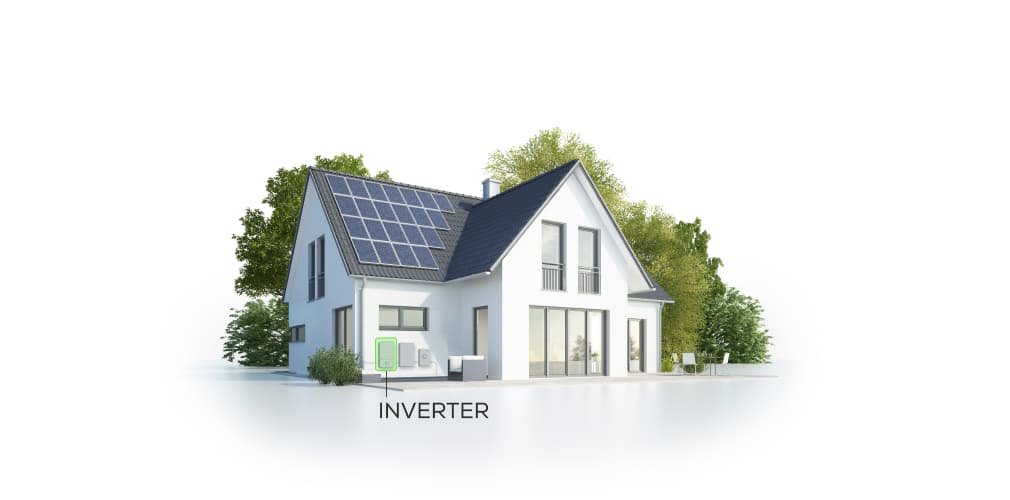Learn About Solar
All your solar questions, answered.
Everything you need to know about solar energy
Going solar is an exciting journey, and you don't have to do it alone! With the right information and support, you can feel confident in your decision to switch to a clean energy source. At Top Power Solar, we’re here to provide helpful information about how solar works so that you feel empowered when making this important choice.
What is solar energy?
Solar energy is the direct conversion of sunlight into electricity. It helps to reduce our dependence on fossil fuels and significantly reduces our carbon footprint.
Solar panels are made up of photovoltaic (PV) cells, which convert sunlight into usable energy for your home. This energy can be used to power lights, appliances, electronics, and more!
How does solar work?
Solar energy is created by converting sunlight into electricity. Photovoltaic (PV) cells, or solar panels, are placed outside on your roof and capture the sun’s rays to generate power.
The solar panel converts this energy into direct current (DC) electricity which is then sent through an inverter to be converted into alternating current (AC) electricity. This AC electricity is then used to power your home or business.
See how much you can save with Top Power Solar
We look forward to helping you get started with solar energy!
Solar energy system components
While solar energy systems vary in size and complexity, they all consist of key components. Solar panels are the most well-known component, but there’s more to a system than just these panels.
Here are some of the basic components:
-

Solar Panels
These are the main component of a solar energy system. They capture sunlight and generate electricity to power your home.
-

Inverter
The inverter converts DC electricity produced by the solar panels into AC electricity that can be used in your home.
-

Utility Meter
The utility meter measures the amount of electricity being produced by your solar energy system.
In addition to the components listed above, a solar energy system may also include other components such as batteries, charge controllers, and disconnects.
Mounting System
This is the structure that holds your solar panels in place and attaches them to your roof.
Monitoring System
A monitoring system helps you track the performance of your solar energy system.
AC Disconnect
An electrical switch that turns off power to the solar energy system in case of emergency or for maintenance.
Battery Storage
Batteries are used to store excess electricity so that it can be used when needed.
Benefits of solar energy
Solar energy provides many benefits, and as the cost of solar continues to decrease, more and more people are making the switch.
Here are some of the most important benefits:
✓ Reduced energy costs
✓ Lower carbon footprint
✓ Increased home value
✓ $0 Out-of-pocket



